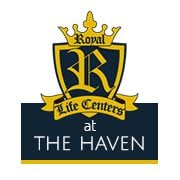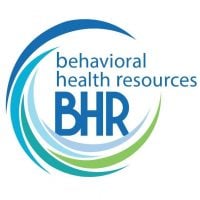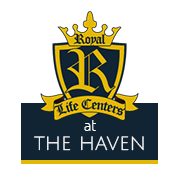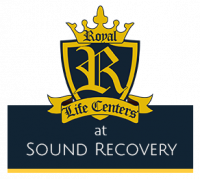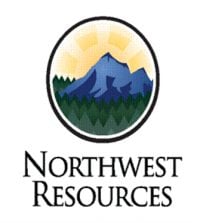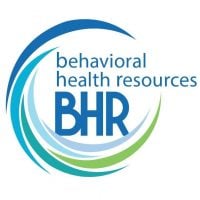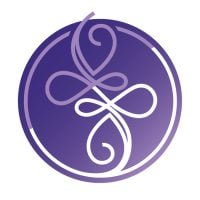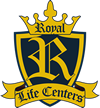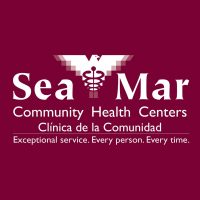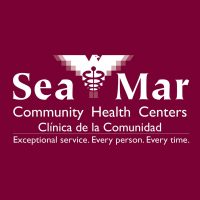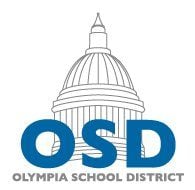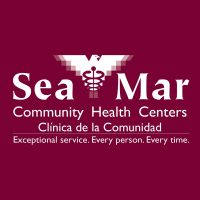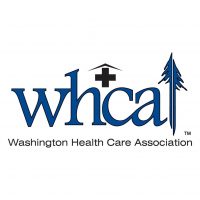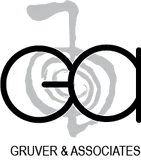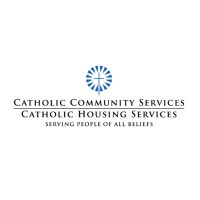Olympia, Washington Drug Rehab Centers
Olympia, Washington, is home to the state capital of the United States. The city itself is small, with an estimated population of 48,180. Olympia has a very high rate of drug addiction and abuse due to prescription drugs being widely abused among addicts in this area. The Olympia area has approximately 271,000 people.
Many dangers are connected with abusing controlled prescription medications obtained through deceptive or illegal means. The National Survey on Drug Use and Health (NSDUH) reports that in 2010, enough pain relievers were prescribed to medicate every American adult around the clock for one month. Unfortunately, this over-prescribing leads to the misuse and abuse of these drugs among opioid users. It is estimated that four out of five new heroin users previously abused prescription opioids before switching to this dangerous street drug.
Our directory includes a lot of services available in Olympia, ready to help you or a loved one lead a safe and clean life, away from opioid abuse in Washington. There are a number of different rehab services available for the treatment of addiction in Olympia.
Professional Assistance is only a call away
We will help you find treatment based on your location, budget, and specific needs and help you get started safely.
Free + Confidential Consultation
Browse 25 Centers in Olympia, Washington
Royal Life Centers at The Haven provides a range of evidence-based care for those seeking sobriety in Olympia, Washington, and is accredited by three leading authorities, namely JCAHO, CARF, and NAATP, with supportive and knowledgeable staff.


BHR Recovery Services provides a comprehensive, evidence-based, CARF-accredited drug rehab program with individualized plans, an array of core services, as well as private health insurance and a supportive environment.

The Haven Detox Center in Olympia, WA is a CARF, JCAHO, LegitScript, and NAATP accredited 14-bed addiction treatment facility that offers detox services, drug rehab, and intensive outpatient programs with individualized care plans for individuals suffering from alcoholism, opioid addiction, substance abuse, and dual diagnosis, and accepts private health insurance.



Royal Life Centers at Sound Recovery is an accredited treatment facility based in Olympia, Washington that provides a variety of services for those struggling with opioid addiction, substance abuse, dual diagnosis, drug addiction, alcoholism and mental health issues, including detox, inpatient and outpatient treatment, and aftercare supports, and which accepts private health insurance.



Northwest Resources II in Olympia, Washington is a leading addiction treatment facility specializing in opioid addiction, substance abuse, drug addiction, and alcoholism, offering comprehensive aftercare support services, inpatient and outpatient rehab programs, dual-diagnosis care, partial-hospitalization, and detox levels of treatment while striving to provide evidence-based practices to improve the physical, mental, and emotional wellbeing of their patients, and is accredited by SAMHSA and holds a valid state license, accepting private health insurance and committed to providing affordable treatment.


Pinnacle Peak Institute in Olympia, Washington provides comprehensive addiction treatment services, including residential and outpatient care, for individuals seeking to overcome substance abuse and mental health disorders.

First Things First 123 is a drug rehab program that offers tailored evidence-based treatment approaches, aftercare support, and different levels of care to help individuals achieve their sobriety goals with the help of experienced professionals.
Capital Region ESD 113 - Olympia is an accredited SAMHSA Drug Rehab Facility that provides comprehensive care with various levels of care and evidence-based programs to promote long-term sobriety and successful addiction recovery.


Fresh Start Housing
Fresh Start Housing in Olympia, WA is a comprehensive addiction treatment facility that offers various levels of care, experienced staff, and an inspiring location for those seeking sobriety.
Behavioral Health Resources - East Olympia is a comprehensive behavioral health facility that provides evidence-based services, including medication-assisted treatment, relapse prevention education, mental health therapy, and community-based support for those suffering from addiction or substance abuse issues, and is accredited by The Joint Commission and licensed by the State of Washington.
Capital Recovery Center
Capital Recovery Center, located in Olympia, Washington, is an inpatient and outpatient facility that offers individualized and comprehensive treatment for addiction and substance use disorders, including therapy, education, relapse prevention, life skills development, and aftercare planning, with a focus on addressing underlying mental health issues.

Community Youth Services
Community Youth Services (CYS) is a non-profit counseling center located in Olympia, Washington, dedicated to helping children and families in the community gain access to resources and services essential for growth and well-being, including individual and family therapy, case management, crisis intervention, group sessions, and education and outreach, with a focus on addiction and substance abuse treatment.
Olympic Recovery Center provides 40-bed inpatient and outpatient drug rehab treatment services, accredited by CARF and JCAHO and tailored to meet the individual’s needs. Their services include detox, mental health care and counseling, along with supportive aftercare and evidence-based therapies like cognitive behavioral therapy and art therapy. Insurance plans are accepted to cover the costs.


Thurston County Drug Court
Thurston County Drug Court is a comprehensive Addiction Treatment Facility located in Olympia, WA that offers a variety of services and levels of care tailored to individuals' unique needs.
Pinnacle Peak Institute is a highly respected outpatient treatment center in Olympia, Washington that provides personalized care and a wide range of services for individuals struggling with substance use disorders and co-occurring mental health issues.


Sea Mar Olympia Branch is an outpatient substance abuse treatment center in Olympia, Washington, offering individualized and evidence-based programs for alcohol and opioid addiction, substance abuse, and mental health issues, and accepting private health insurance.
Everett Treatment Services is an addiction and substance abuse treatment facility in Olympia, Washington that provides comprehensive mental health and addiction services, including evidence-based treatments and an integrative approach to promote long-term recovery.

Alternatives Professional Counseling is a therapeutic facility in Olympia, Washington that offers counseling and therapy services for mental and emotional well-being, as well as specialized care for substance abuse and addiction, including evidence-based treatment options and education.
Sea Mar Community Health Centers - SW Tumwater provides comprehensive behavioral and mental health care services, including addiction treatment and support for families, in a multi-disciplinary and compassionate environment in Olympia, Washington.

Avanti High School
Avanti High School is a private and accredited drug and alcohol treatment center in Olympia, Washington that offers a range of individualized treatments and services, including a dual diagnosis program, to help patients and families work through personal struggles in a safe and secure environment.
Sea Mar Community Health Centers - Olympia is a comprehensive medical clinic in Washington that offers a variety of physical and mental health services, addiction and substance abuse treatments, and support services such as transportation, housing, and access to recovery housing.
Assessment and Diagnostic Center
The Assessment and Diagnostic Center in Olympia, Washington offers personalized care and treatment for those affected by drug addiction and substance abuse through a range of supportive and therapeutic services including group therapy, individual therapy, and drug rehab programs.
Gruver and Associates
Gruver and Associates is a substance abuse treatment center that offers a variety of programs and therapies to help clients overcome addiction and achieve lifelong sobriety.
Catholic Community Services - Olympia
CCSO is a rehab facility in Olympia, Washington, providing residential and outpatient treatment for substance abuse and addiction, using evidence-based approaches with an emphasis on addressing addiction and related issues, and is accredited by CARF.
Olympia Alano Club
Drug and Alcohol Treatment in Olympia, WA
Olympia has many drug and alcohol treatment programs available, but finding the best treatment center in Olympia, WA, can be difficult. The best Olympia drug rehab centers provide patients with individualized treatment plans, comprehensive assessments of their unique situation, and medically-supervised detox to help them get through the withdrawal process safely. After completing the program, these programs also offer onsite housing for patients who need extended care.
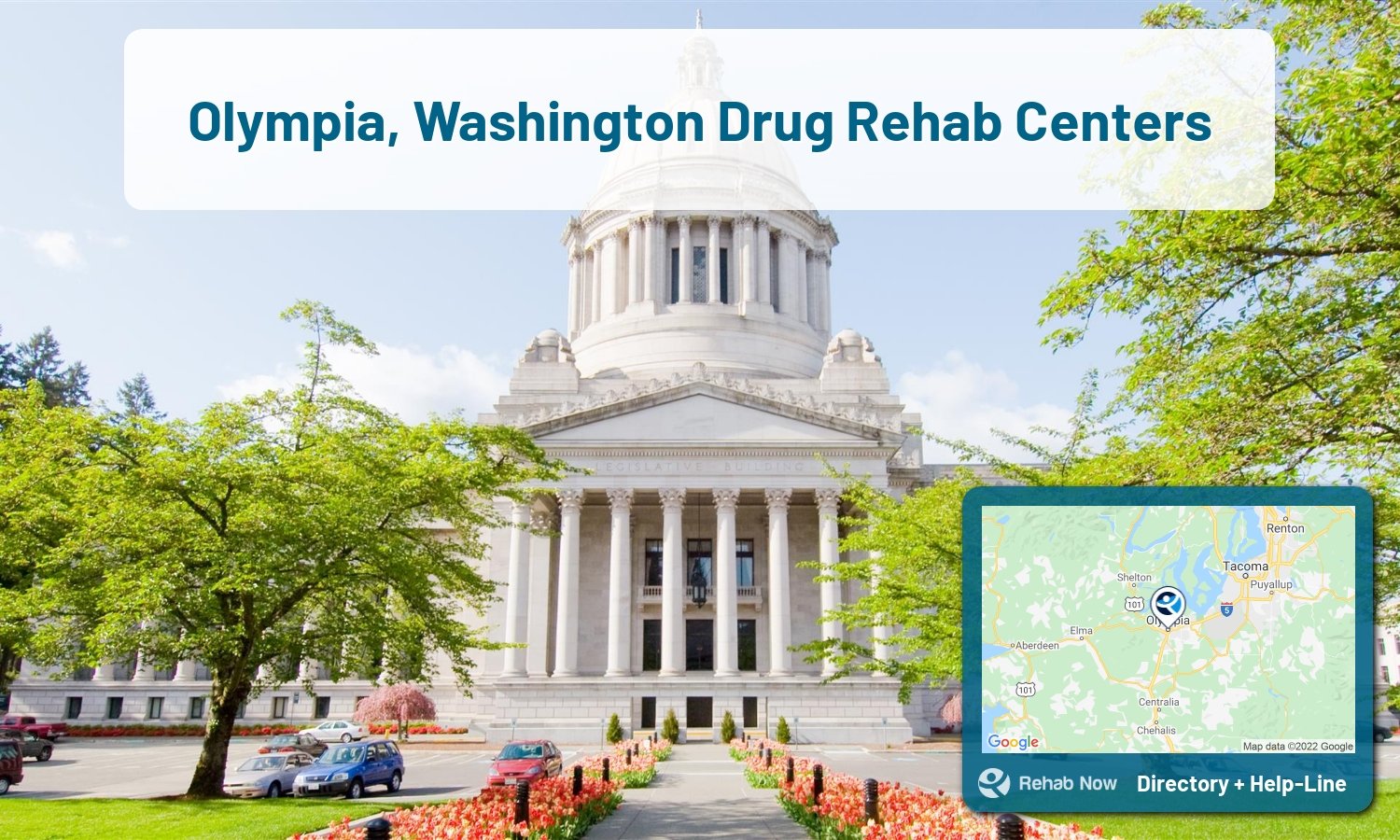
What types of treatment are available in Olympia, Washington?
There are a variety of different treatment options available in Olympia, Washington. These include inpatient and outpatient treatment, residential and short-term treatment, and 12-step programs. There are also detox programs available for people who need to get sober before starting rehab.
Drug treatment in Olympia, WA, can vary depending on the program you choose. Inpatient and outpatient treatment typically involves attending therapy sessions and meetings while you’re at the facility. Residential and short-term treatment generally last a few weeks to a month, while 12-step programs meet regularly for a year or more. Detox programs typically last a few days to a week.
The best way to find the best drug rehab facility in Olympia, Washington, is to ask around. Talk to friends, family members, or co-workers who have gone through drug rehab and ask them which facility they recommend. You can also do online research to see which facilities have good reviews. You can also call local treatment centers registered through the Substance Abuse and Mental Health Services Administration (SAMHSA). This organization should license drug rehab programs to ensure their services are high-quality.
Olympia Drug Abuse Statistics
As a result of this widespread epidemic, many Olympia residents are currently struggling with substance abuse problems. When individuals realize they need help to overcome their addiction, it can be overwhelming to know where to start seeking treatment services. Here are some facts about substance use disorder in Olympia, WA:
- In 2009 alone, over 1,200 emergency room visits related to opioid pain medication misuse or abuse.
- Olympia experienced the third-highest rate of drug abuse out of all cities in Washington state.
- In 2010, around 3% of all substance abuse treatment program admissions were for teenagers aged 12-17. This was one of the highest percentages in Washington state.
- Between 2007 and 2011, the number of deaths due to a heroin overdose in Olympia, WA, tripled.
Additional Treatment Centers in Washington
Washington's substance use, abuse, and addiction rates have followed the trends of the rest of the over the past years. Methamphetamine abuse is the biggest threat to Washington. Heroin-related overdoses increased by almost 450% from 2006 to 2016. 20% of all annual deaths in Washington are somehow drug and/or alcohol-related. Drugs are widely abused in Washington because they are easily trafficked in and out of the state.
Still haven't found the right recovery center? Browse nearby Washington cities.
- Marysville, WA (74.0 mi.)
- Vashon, WA (30.4 mi.)
- Castle Rock, WA (54.6 mi.)
- Brewster, WA (156.5 mi.)
- Longview, WA (64.1 mi.)
- Omak, WA (177.1 mi.)
- Anacortes, WA (100.9 mi.)
- Quincy, WA (137.3 mi.)
- Arlington, WA (84.3 mi.)
- Gig Harbor, WA (20.6 mi.)
- Republic, WA (216.7 mi.)
- Grand Coulee, WA (185.5 mi.)
- Seattle, WA (149)
- Spokane, WA (90)
- Tacoma, WA (55)
- Vancouver, WA (49)
- Yakima, WA (45)
- Bellevue, WA (38)
- Everett, WA (34)
- Olympia, WA (25)
How to Choose a Drug Treatment Center in Olympia, WA
When looking for a drug treatment center in Olympia, WA, they should keep a few things in mind. The first step is to assess the severity of the addiction and find a program tailored to meet the needs of the individual. It is also important to consider the program’s cost and whether or not insurance will cover the treatment services. It is best to speak with a treatment advisor at the facility who can explain all aspects of the program in detail.
What Are the Signs That Someone Is Struggling With a Drug Problem?
There are various signs and symptoms of a drug use disorder. These signs can identify if a person has an addiction to drugs or alcohol and needs treatment. A few of these signs and symptoms include:
- The person may try to hide the drug use from family and friends. Still, this behavior is often unsuccessful as they may find paraphernalia such as pipes or rolling papers.
- Their hygiene habits could deteriorate; this includes neglecting necessities such as shaving, showering, and brushing teeth regularly.
- Work performance may start to decline due to frequent absences or inability to complete projects without showing up late or not at all. They can also be unable to meet deadlines at work because of constant lateness arising from their drug habit.
- Their emotions will become more volatile due to the drug’s effects. They may also become more anxious, depressed, withdrawn, suspicious, or hostile.
- They begin to have memory problems and pay less attention to their surroundings.
- Payments at home may begin to disappear or become less regular, and the individual may steal money from friends and relatives to get narcotics.
- There will be an increase in arguments with loved ones over trivial matters that generally would not have caused trouble before using drugs or alcohol.
Factors to Consider When Choosing a Drug Rehab Facility
There are many factors to consider when choosing the best drug rehab program for an individual. These include The person’s age, gender, and prior substance use history, as well as their physical and psychological health needs. Before entering a drug rehab program, medical personnel should assess to identify any potential health problems that could arise.
A thorough look at the person’s financial situation and employment status will help determine the cost of the treatment services and whether or not insurance covers some of the costs.
The person’s living situation should also be factored into the decision. For example, if they live with young children who could be in danger if their parent continues to use drugs or alcohol, a short-term residential program would likely be the best option.
How Much Does a Drug Rehab Facility Cost?
The price of rehab services can vary from one drug treatment facility to another. Some factors that may influence the cost of detox or rehabilitation include whether or not insurance will help pay for some of the cost, how long you stay in detox or rehabilitation, and what kind of amenities the center offers, such as swimming pools or yoga classes. Another factor is location due to travel expenses that need to be factored in and overnight accommodation fees.
Long Term Addiction Recovery
Once the program is completed, there may be an option to remain at the facility for extended care after completing the program. They can continue to improve their physical and psychological health with guidance from medical personnel on-site. Before leaving, they will learn how to handle triggers that typically lead to drug use or relapse. A therapist can also teach them coping skills that will help them deal with stressors more effectively. There are also support groups available for people in recovery; examples include Alcoholics Anonymous (AA) and Narcotics Anonymous (NA).
These meetings can be a source of encouragement and strength, and they may offer advice on how to stay clean and sober. After leaving, people in recovery will also need to find new friends or relatives to spend their time. Some sources of social support include community groups such as churches and the YMCA; they may also join specific sports teams or recreational activities that provide opportunities for fellowship without any drug use.
Olympia, WA Treatment Centers. Find drug rehab in Olympia, Washington, or detox and treatment programs. Get the right help now! (888) 674-0062.
